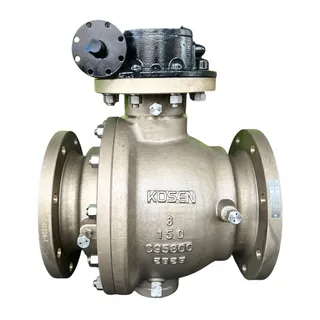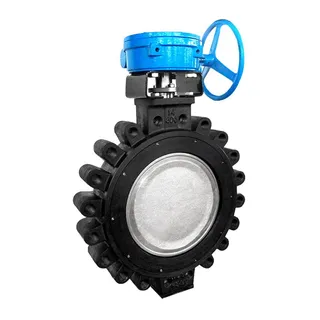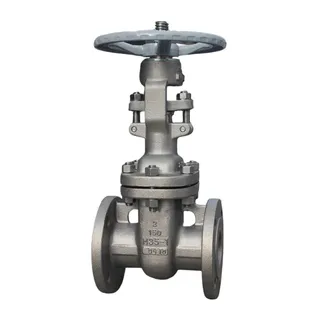85-96 of 142 results for "Industry News"
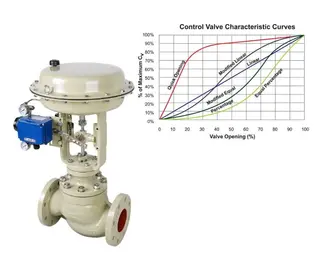
Flow Characteristics of Control Valves
Industry News
Oct 14, 2025
24
In the field of industrial automation control, control valves play an indispensable role. They act as precise flow regulators, adjusting the fluid flow by controlling the valve opening and closing, thereby achieving precise control of the production process. The flow characteristics of a control...
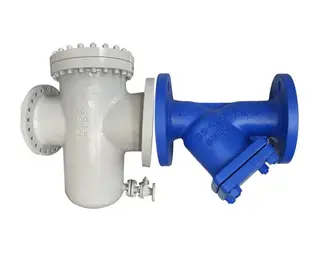
Basket Strainer vs. Y-Type Strainer: Major Differences
Industry News
Oct 13, 2025
49
In industrial production, the purity of fluids is crucial to the stability of the entire production process and the quality of the final products. Whether in the chemical, petroleum, pharmaceutical, or food industries, effective filtration equipment is required to remove impurities from fluids,...
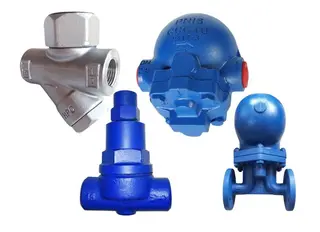
How to Choose the Right Steam Trap: A Comprehensive Guide
Industry News
Oct 11, 2025
23
In industrial production, the normal operation of fluid systems is crucial to production efficiency and product quality. As a key component of fluid systems, the correct selection of a steam trap directly affects the operational efficiency and safety of the entire system. This article provides a...
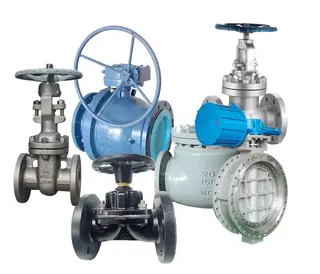
Guide to Valve Performance and Selection
Industry News
Oct 10, 2025
7
In industrial production, valves play a crucial role. They not only control the flow of fluids but also ensure the safety and efficiency of systems. However, faced with numerous types of valves and complex operating conditions, how can one choose the right valve? This article will deeply explore...
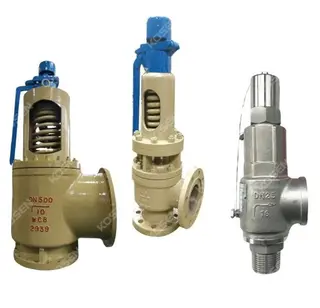
Guide to Key Steps of Safety Valve Adjustment
Industry News
Oct 09, 2025
17
In industrial production, safety valves are essential devices for ensuring the safe operation of equipment. They can automatically open when the internal pressure of equipment exceeds the set value, releasing excess pressure and preventing the equipment from experiencing danger due to...
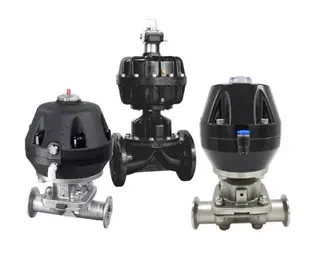
Complete Guide to Installing Pneumatic Diaphragm Valves
Industry News
Sep 30, 2025
41
In industrial production, pneumatic diaphragm valves, as an important control component, are widely used in the transportation and control of various fluid media. However, proper installation is the key to ensuring normal operation and extending the service life of pneumatic diaphragm valves....
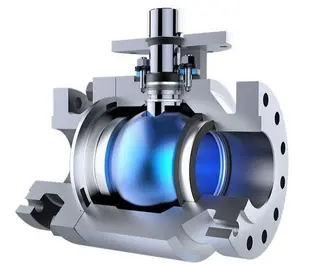
Valve Stem Sealing: Ensuring Safe Operation of Valves
Industry News
Sep 22, 2025
14
In industrial production, valves are indispensable equipment, and the valve stem, as one of the core components of a valve, directly affects the safety and stability of the entire system. The valve stem not only has to withstand the pressure of the medium but also deal with pressure changes...
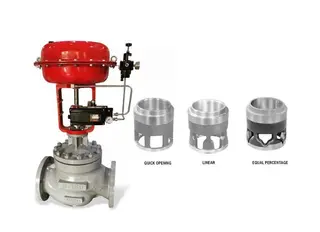
Control Valve Plugs: Core Component of Industrial Automation
Industry News
Sep 20, 2025
24
In the field of industrial automation, control valves play a crucial role, and the valve plug is the core component of a control valve. The valve plug is not only the movable part of the control valve but also the key element for achieving fluid control. It fits tightly with the valve seat,...
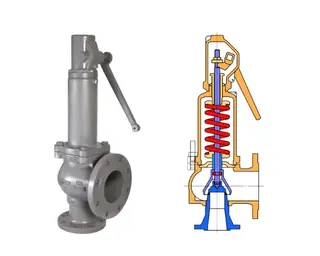
An Introduction to Full-Lift Safety Valve
Industry News
Sep 19, 2025
72
Among the many types of safety valves, the full-lift safety valve, with its unique design and outstanding performance, has become a widely used safety device in the industrial field. The opening height of a full-lift safety valve is greater than or equal to one-quarter of the flow channel...
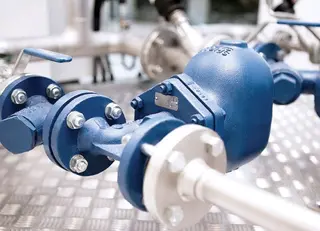
How to Prevent Leakage in Steam Trap?
Industry News
Sep 18, 2025
41
In industrial production, steam systems play a crucial role, and steam traps are key components within these systems. They are not only the dividing point between the steam system and the condensate system, but also an important node to prevent steam leakage. If a steam trap leaks, it will not...

What is a Duplex Spring Safety Valve?
Industry News
Sep 17, 2025
19
The safe operation of pressure equipment and containers is crucial in industrial production. Once the pressure exceeds the limit, it may trigger serious safety accidents, causing huge casualties and property losses. As an efficient and reliable safety device, the duplex spring safety valve...
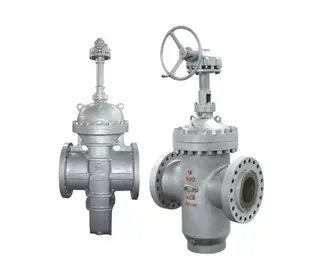
Guide to Flat Gate Valve: Advantages, Types & Applications
Industry News
Sep 16, 2025
30
In the industrial field, valves, as key components of pipeline systems, play a crucial role. They not only control the flow of fluids but also ensure the safe and stable operation of the system. Among them, the flat gate valve, with its unique design and excellent performance, has become the...
Total 142 Records, 12 records per page
